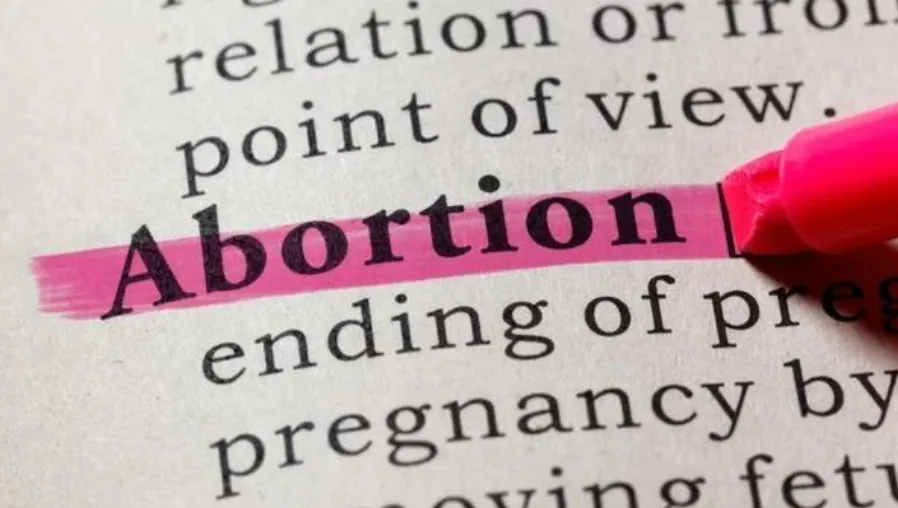In a significant legal decision, Kansas’ highest court reaffirmed that the state constitution protects abortion access, striking down laws that regulated abortion providers more strictly than other healthcare professionals and banned a common second-trimester procedure. The Kansas Supreme Court’s 5-1 rulings on Friday signal stricter limits on the state’s ability to regulate abortion, a development that could impact other restrictions currently challenged in lower courts.

Court Overturns D&E Procedure Ban
The court’s decisions arose from two separate cases. One ruling struck down the ban on dilation and evacuation (D&E), a common second-trimester abortion procedure. Justice Eric Rosen, writing for the majority, emphasized the court’s commitment to protecting personal autonomy under section 1 of the Kansas Constitution Bill of Rights, which includes the right to terminate a pregnancy. This stance aligns with the court’s 2019 decision recognizing bodily autonomy as a fundamental right under the state constitution. In the second case, the court invalidated laws imposing specific regulations on abortion providers that were not required of other medical professionals. Justice Melissa Standridge noted that the state failed to prove these laws advanced maternal health or appropriately regulated the medical profession.
Impact on Future Legislation and Ongoing Challenges
These rulings suggest that Kansas’ Republican-controlled Legislature will face increased difficulties in imposing new abortion restrictions. Lawsuits in lower courts are already contesting various abortion regulations, including restrictions on medication abortions, the use of teleconferences between doctors and patients, mandatory waiting periods, and specific information requirements before a procedure.
Justice Caleb Stegall, the sole dissenter and an appointee of conservative Republican Gov. Sam Brownback, disagreed with the majority. Despite this dissent, the court’s reaffirmation of its 2019 stance solidifies the legal framework protecting abortion rights in Kansas.
Lawyers representing the state had urged the justices to reconsider their 2019 decision and uphold the challenged laws, arguing that the 2022 vote rejecting a proposed constitutional amendment to restrict abortion did not invalidate the laws. However, the court’s decisions underscored the significance of the 2019 ruling and the 2022 vote, delivering a substantial victory to abortion rights advocates.
Kansas’ Unique Position in National Abortion Landscape
Kansas has become an outlier among states with Republican-controlled legislatures following the U.S. Supreme Court’s 2022 Dobbs decision, which allowed states to ban abortion. This decision has led to a surge of patients from neighboring states with stricter abortion laws, such as Oklahoma and Texas. The Guttmacher Institute, an abortion-rights advocacy group, estimated that approximately 20,000 abortions were performed in Kansas in 2023, a 152% increase from 2020.

Currently, Kansas bans most abortions after the 22nd week of pregnancy and requires minors to obtain parental consent. However, several restrictions remain contested in lower courts, including the 24-hour waiting period and specific information requirements.
The health and safety regulations specifically targeting abortion providers were enacted in 2011, purportedly to protect women’s health, though evidence to support this claim was lacking. The D&E procedure ban, passed in 2015, was the first of its kind in the nation and would have required providers to use alternative methods deemed riskier and more expensive by the Center for Reproductive Rights.
